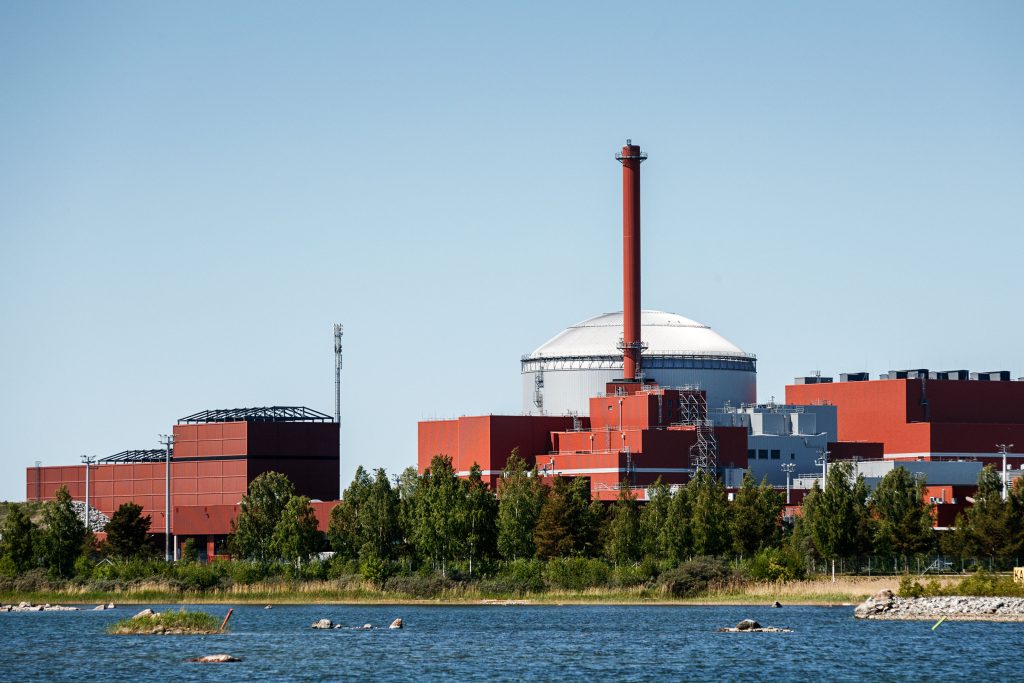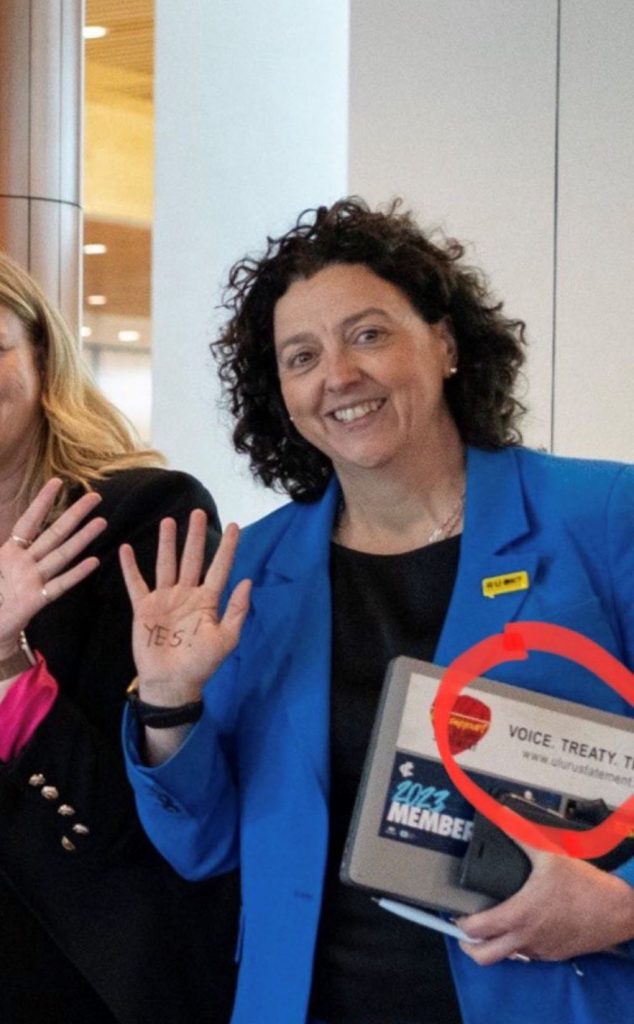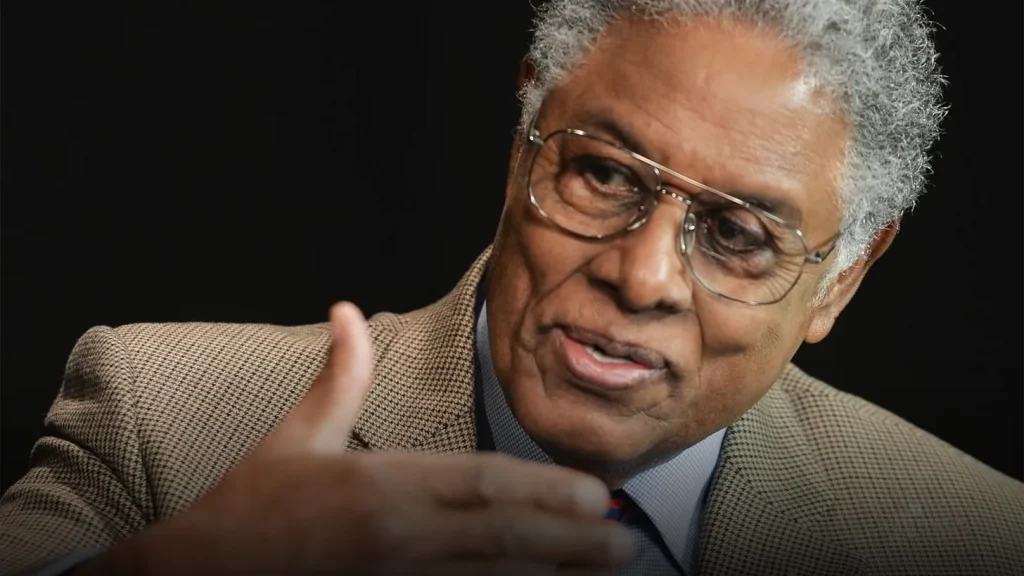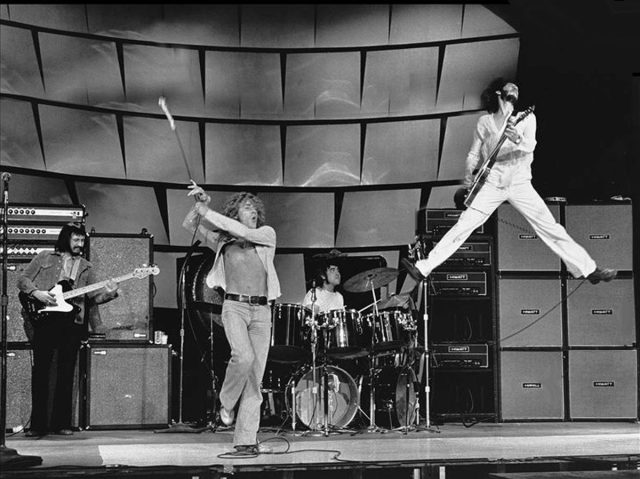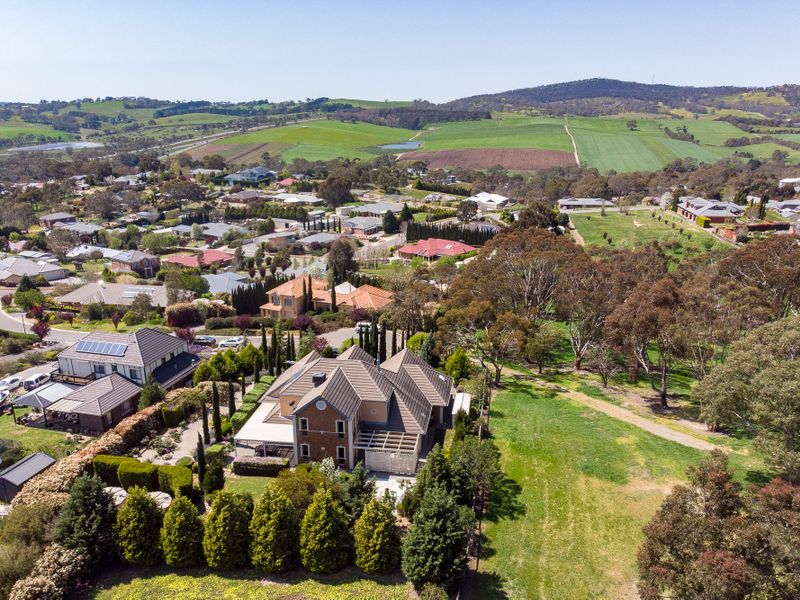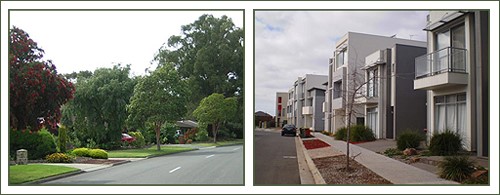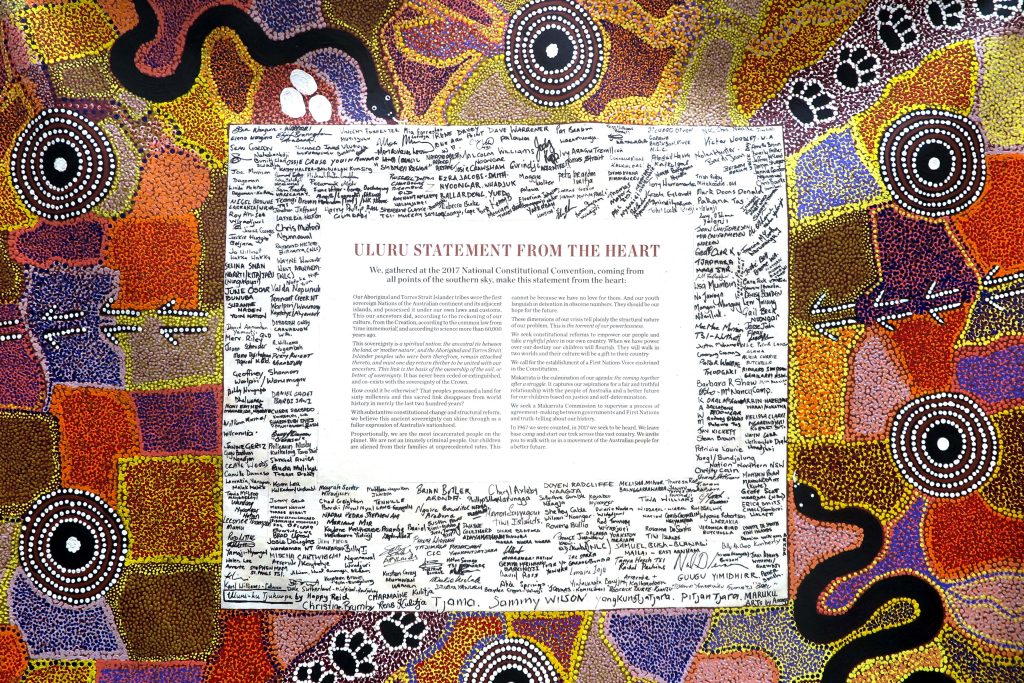The Murray Darling Basin Plan Nonsense
The Minister for the Environment, Tanya Plibersek, announced that the Murray Darling Basin Plan (MDBP) must be implemented “in full”, by which she means a further 450 GL of water will be sent down the river to South Australia.
This water will come from farmers and rural communities in Queensland, NSW and Victoria, much of it through buying water rights from farmers. There is currently a legislated limit on water buybacks, which the Minister plans to repeal.
The National Farmers Federation estimates it will cost $3 billion to buy the water and, by reducing irrigated agriculture, will deprive even more rural and regional communities of people and economic activity.
The MDBP was established in 2012 in response to the Millennium Drought (1997–2010), when certain people in government believed it would never rain heavily again, leaving the environment permanently short of water and Adelaide’s water supply at risk.
The MDBP is perpetuating an artificial environment in SA at the expense of Australian farming and rural communities.
As wiser heads knew, the Millenium Drought was neither unique nor an indicator of the future. Nonetheless, it resulted in a plan to send a lot of water down the Murray and Darling rivers, notionally to benefit the environment but also to keep the mouth of the Murray open and guarantee water for Adelaide.
The MDBP calls for the ‘return’ of 2,750 GL of water to the environment, achieved via efficiency measures and purchasing water rights, with an additional 450 GL to be returned under certain conditions.
While more water for some wetlands and flood plains in Queensland, NSW and Victoria was probably needed, the numbers were never science-based. They were negotiated in 2012 by politicians for political reasons. In South Australia there are six marginal seats in which the Coalition and Labor compete on the basis of offering the most water. The additional 450 GL was only added at the last minute in order to get the South Australians to agree to the Plan.
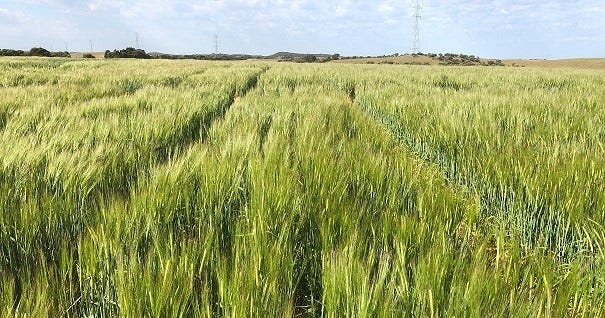
Of the 2,750, SA is guaranteed a minimum of 1,850 GL a year. This is a lot more than it needs: according to the SA EPA, SA’s total water consumption is just 1,000 GL per year, of which agriculture consumes three-quarters. Households, manufacturing and mining account for the remainder.
Adelaide also has a desalination plant capable of producing half its household and industry requirements. The plant must only use renewable energy though, which means it is expensive and rarely operates.
Some of the recovered water is used for environmental purposes in the eastern states, but a lot travels down the Murray River to SA’s lower lakes, Lake Alexandrina and Lake Albert. Until the 1930s these lakes were open to the sea, like every other river estuary in Australia, but then five barrages were erected. The barrages mean they are kept artificially fresh and, as a consequence, tidal flows are unable to keep the Murray mouth open, which is now silted and requires frequent dredging.
Also in SA, the South East drainage scheme has converted huge areas of SA wetlands into productive farmland, but this diverts large amounts of water and salt out to sea instead of into the Coorong, where it once flowed. The effect on the Coorong has been devastating.
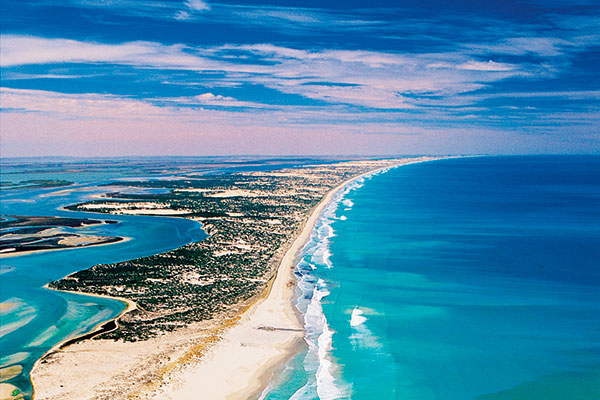
On top of all that, around 900 GL of water simply evaporates in the lower lakes. That is obviously fresh water, mostly taken from the other states, with zero environmental benefit. Evaporation will always occur, but if the Murray mouth were open and the sea free to enter, it could be seawater (or at least a mixture of fresh and seawater) that evaporates.
Quite simply, the MDBP is perpetuating an artificial environment in SA at the expense of Australian farming and rural communities. The loss of water for irrigation in southern Queensland, NSW and Victoria in particular has devastated many regional communities.
Plibersek’s decision is based on the now ingrained assumption that sending more water down the Murray is good for the environment, will somehow keep the Murray mouth open, and restore health to the Coorong. It is wrong.
In South Australia there are six marginal seats in which the Coalition and Labor compete on the basis of offering the most water.
What ought to happen is for the SA government to demolish the barrages and remove Bird Island, a sand island that has formed in the mouth of the Murray as a result of the barrages. This would allow the Murray to run free.
It should also build a weir across the Murray near Wellington so, in dry years, seawater cannot move too far up and contaminate either Adelaide’s supply or that of SA irrigators, and redirect all SE drainage water into the Coorong.
Were these to occur, it would make sense to actually reduce the amount of water sent to SA, allowing Queensland, NSW and Victoria to retain more for both productive and environmental purposes.
But like everything else about the MDBP, the biggest barrier is political.

David Leyonhjelm was an Australian Senator from 2014 to 2019 representing New South Wales for the Liberal Democratic Party. Notable for his libertarian consistency, David’s work in Senate Estimates attracted acclaim worldwide for its forensic examination of government
waste. Professionally, he is a veterinarian and agribusiness consultant.









